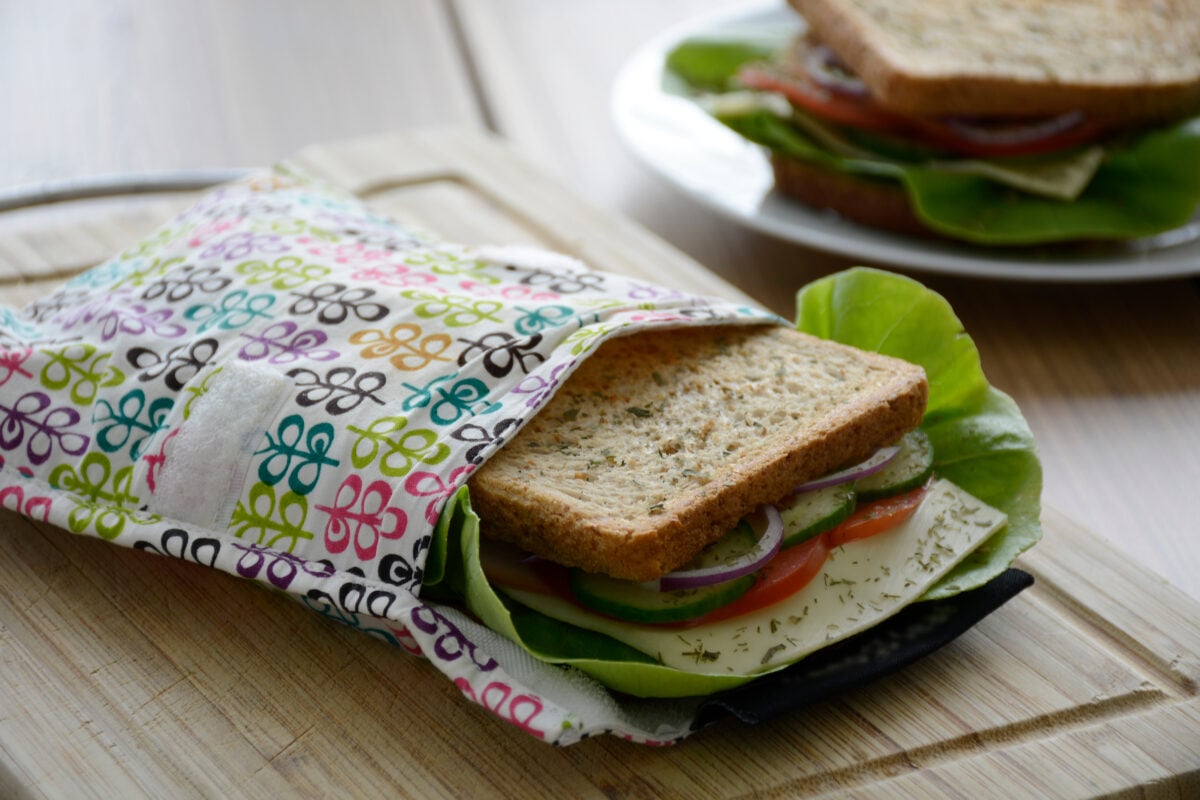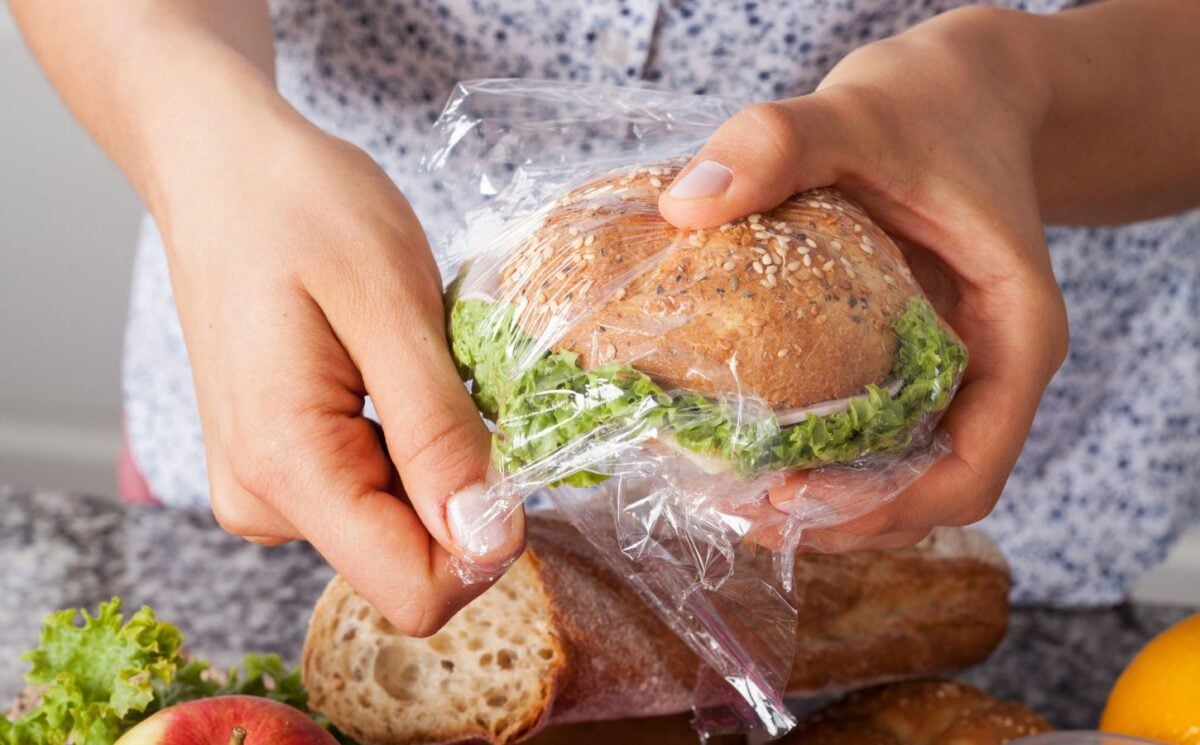A new analysis of the most popular plastic sandwich bags found that the vast majority contained toxic PFAS, also known as “forever chemicals.”
The analysis, which was commissioned by the Mamavation blog and carried out by an Environmental Protection Agency (EPA) certified lab, found that nine out of 11 (81 percent) of the most popular sandwich bags showed high levels of a PFAS marker.
While the USDA allows for much higher levels of individual PFAS in plastic packaging than those found by this new analysis, Environmental Defence Fund researcher Maricel Maffini told the Guardian that the FDA is still basing regulations on “outdated science.”
“The more we look into PFAS, the more we know there is not a safe level, and the [FDA’s limits] don’t correspond with the science and knowledge we have of these chemicals,” said Maffini.
What’s the problem with PFAS in plastic sandwich bags?

According to the National Institute of Environmental Health Sciences, PFAS (per- and poly-fluoroalkyl substances) are a large and complex group of synthetic chemicals that have been used in everyday household products since the 1950s.
PFAS do not degrade easily, with some taking over 1,000 years to break down, hence the nickname “forever chemicals.” Like microplastics, they are now ubiquitous.
Over time, PFAS leaks into the water, soil, and even the air. Repeated human exposure can cause blood levels to increase, and potential negative health impacts include liver damage, a compromised immune system, and certain cancers.
Studies have notably found PFAS in the blood of more than 97 percent of Americans, and in just the last week multiple lawsuits over PFAS contamination have reached the news.
Also within the last week, New Scientist published a new analysis on the presence of PFAS in cookware and food-related products, and Japan’s Hokkaido and Hyogo universities announced new studies on the health impacts of PFAS, as reported by Japan Times.
Mamavation, described by founder Leah Segedie as a blog for “empowering women through eco-wellness,” has previously covered some of the other common household sources of PFAS such as water, contact lenses, dental floss, and non-stick cookware.
According to Mamavation’s summary of the new analysis, sandwich bag brands containing PFAS included Boulder, Complete Home, Great Value, If You Care, Lunchskins, Meijer, Target, and Walgreens. However, both Ziploc brand sandwich bags and Debbie Meyer green bags did not show any PFAS markers.
To cut down on PFAS exposure, environmental and health advocates suggest using glass containers instead of plastic, replacing non-stick pans with steel or cast-iron alternatives, and swapping single-use plastic bags for reusable ones wherever possible.






